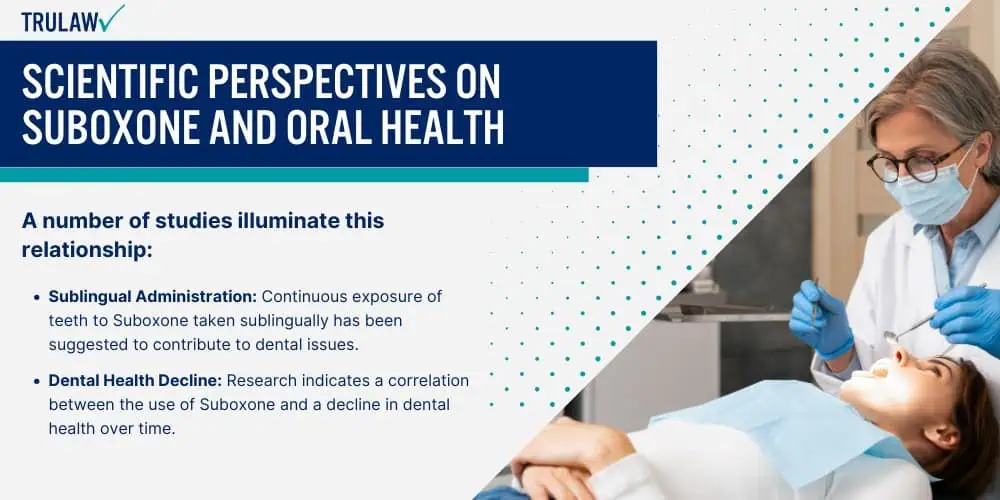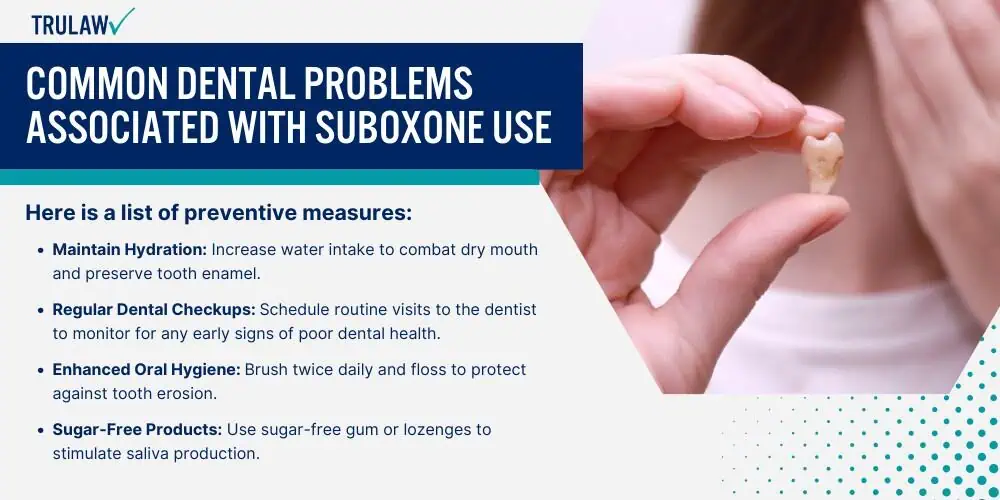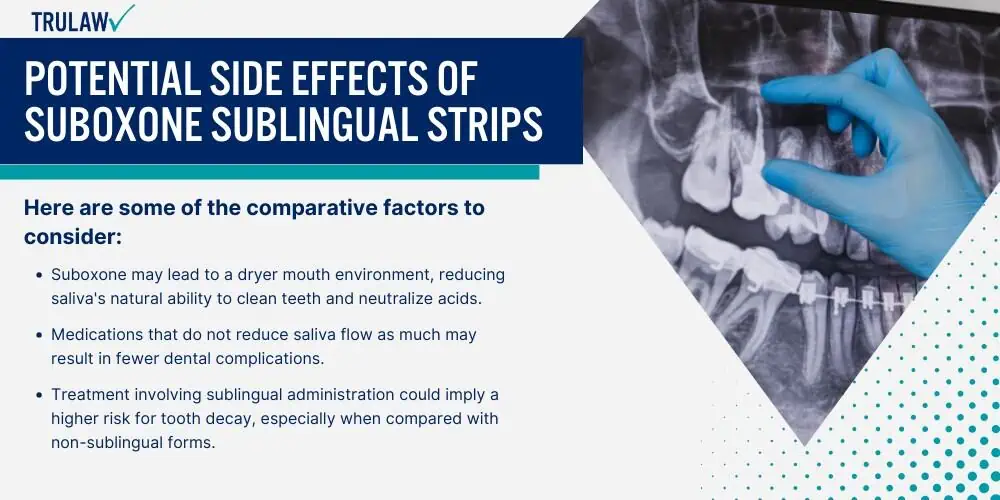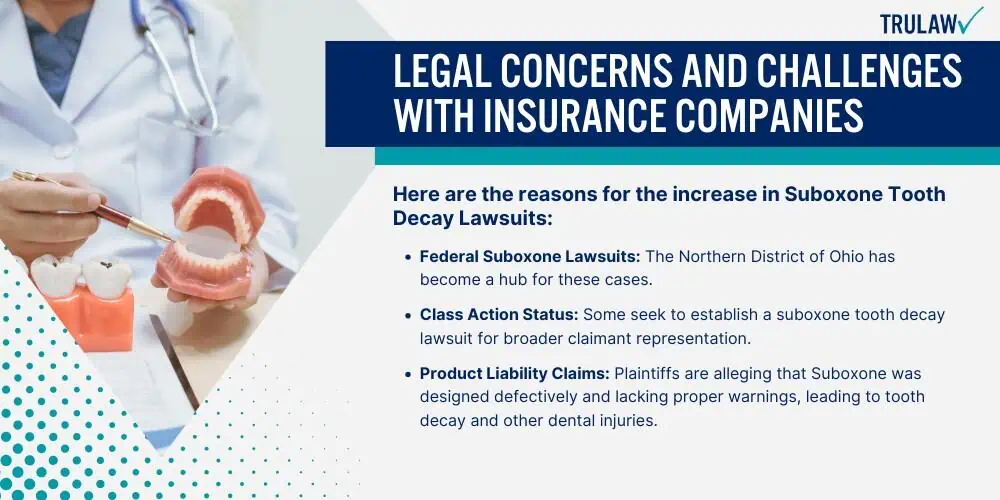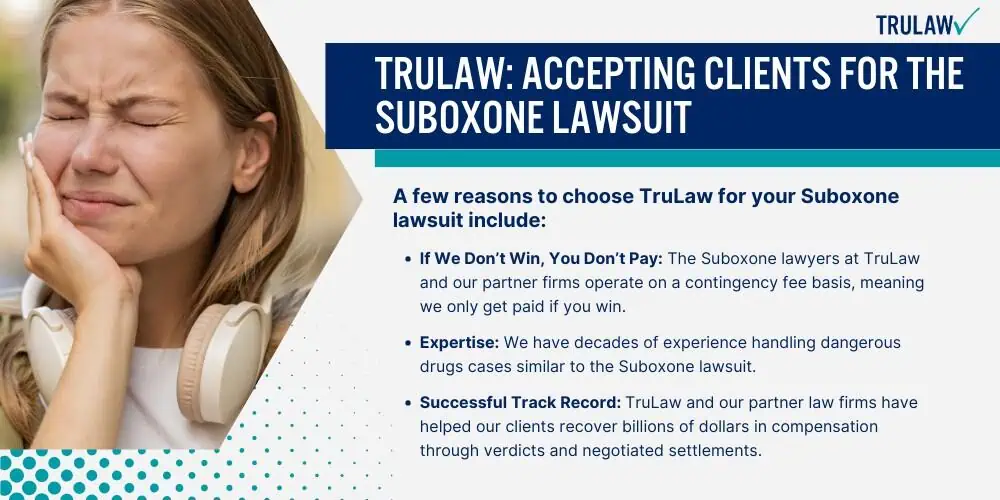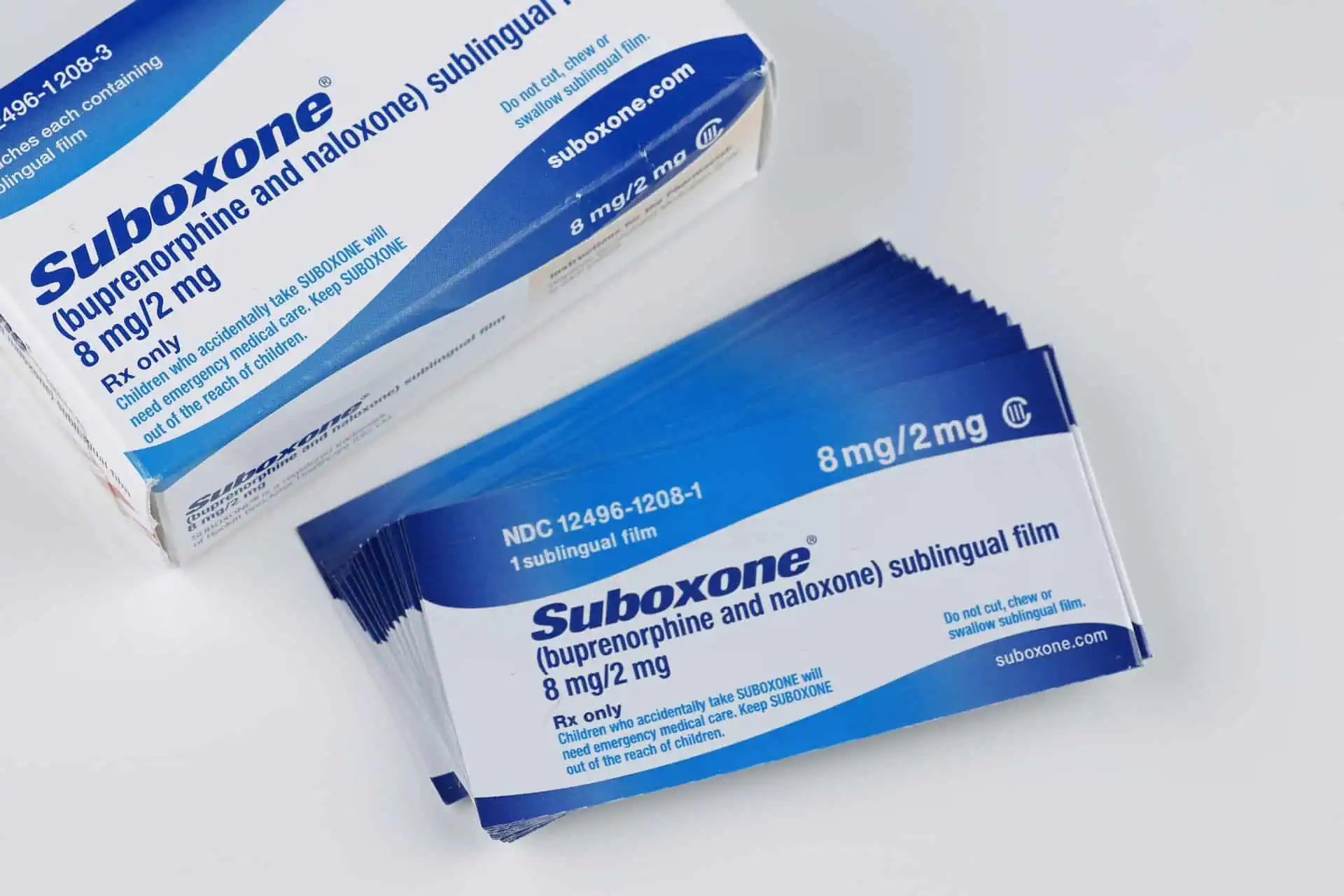The discussion surrounding Suboxone and its potential impact on oral health is centered around its mode of administration and the prescribed treatment regimen.
Given its method of administration—typically dissolved under the tongue or inside the cheek—patients and healthcare providers have noted incidents of dental issues.
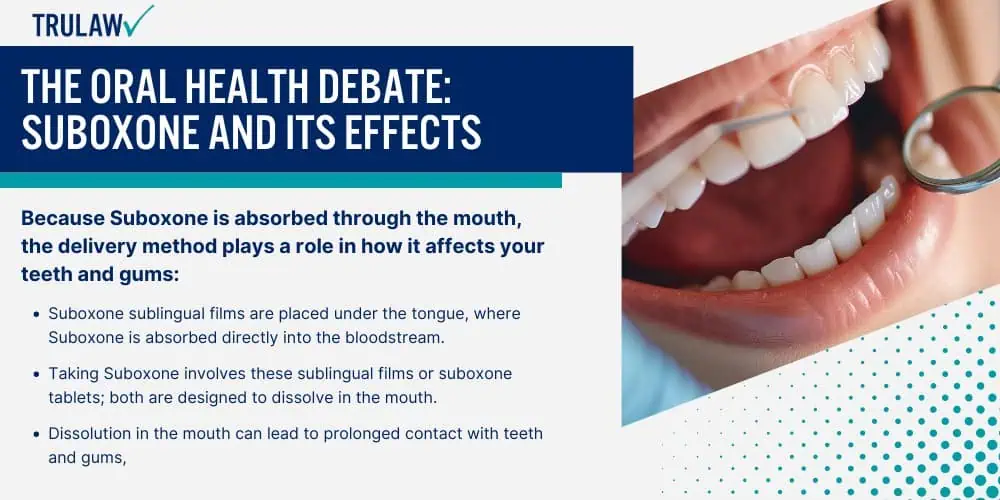
Methods of Taking Suboxone
Suboxone is available in forms meant to be absorbed through the mucous membranes.
Crucially, the method of taking Suboxone influences its interaction with oral tissues.
Because Suboxone is absorbed through the mouth, the delivery method plays a role in how it affects your teeth and gums:
- Suboxone sublingual films are placed under the tongue, where Suboxone is absorbed directly into the bloodstream.
- Taking Suboxone involves these sublingual films or suboxone tablets; both are designed to dissolve in the mouth.
- Dissolution in the mouth can lead to prolonged contact with teeth and gums, which is one point of concern among dental health professionals.
- Healthcare providers generally advise patients to avoid eating or drinking immediately after taking the medication to ensure proper absorption.
Dosage and Treatment Regimens
A physician-prescribed suboxone film regimen is tailored to treat opioid use disorder effectively.
It’s a nuanced plan that balances opioid addiction treatment needs with potential side effects, including those affecting dental health.
Here’s how a typical Suboxone treatment plan unfolds:
- The typical Suboxone treatment begins with an induction phase, where dosages are adjusted to mitigate withdrawal symptoms.
- Maintenance involves a steady dose of prescription Suboxone film or tablets, determined by the response to treatment.
- Long-term treatment regimens are common, necessitating ongoing monitoring of oral health.
- Regular dental evaluations become part of the comprehensive approach to Suboxone as a medication for opioid addiction treatment.

